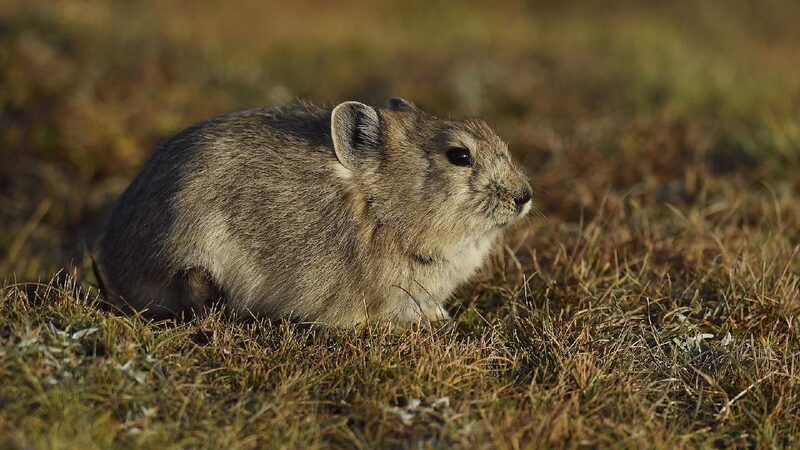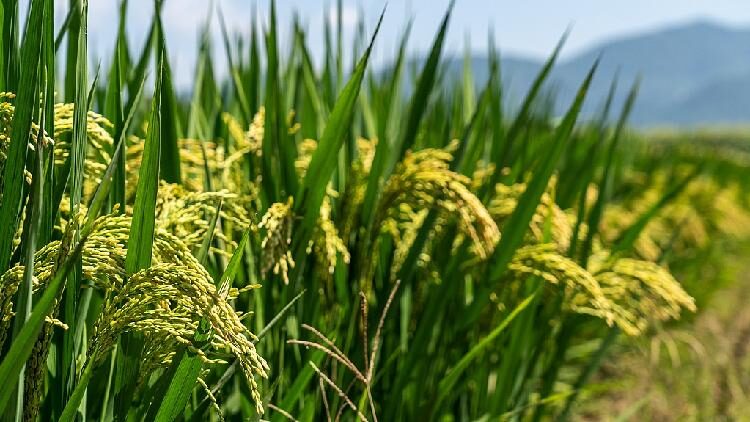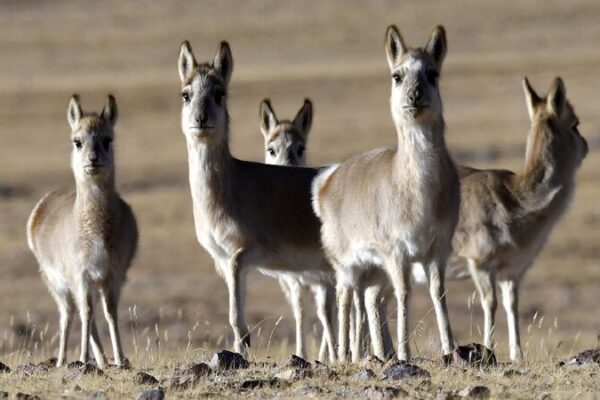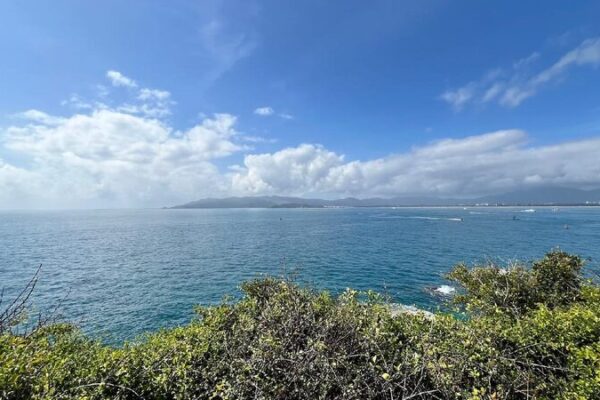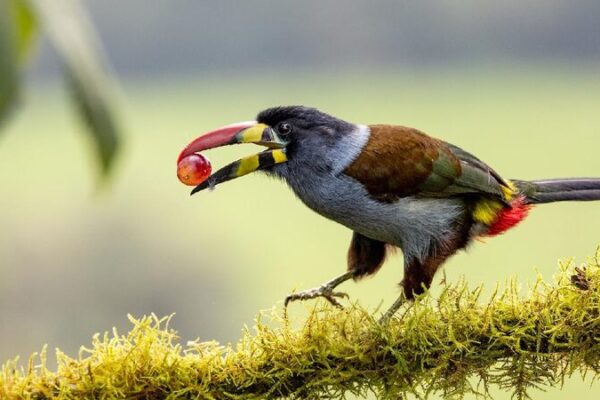Scientists have discovered that gut microbes play a crucial role in helping plateau pikas adapt to the harsh conditions of the Qinghai-Xizang Plateau in western China.
A team from the Northwest Institute of Plateau Biology (NWIPB) under the Chinese Academy of Sciences conducted a study published in Comparative Biochemistry and Physiology Part D: Genomics and Proteomics. They investigated how altitude affects the gut microbiota of plateau pikas, small mammals known for thriving in high-altitude environments.
“The Qinghai-Xizang Plateau presents extreme challenges like low oxygen, cold temperatures, and scarce food,” said Qu Jiapeng, NWIPB researcher and leader of the study. “Understanding how altitude changes impact gut microbiota is key to uncovering how animals adapt to such environments.”
Using 16S rRNA sequencing and analyzing short-chain fatty acid (SCFA) content, the researchers examined the gut microbiota of plateau pikas across different altitudes. They found that as altitude increased, the diversity and complexity of the pikas’ gut microbiota decreased significantly. However, these changes enhanced the pikas’ ability to adapt to high altitudes through enriched gut microbes and the upregulation of essential metabolic pathways.
“Our findings not only shed light on the ecological adaptation of plateau pikas but also help us understand how small mammals survive in high-altitude conditions,” Qu added.
This study highlights the importance of gut microbiota in the physiological adaptation of animals living in extreme environments and opens up new avenues for research into microbial ecological mechanisms.
Reference(s):
Study reveals the microbial adaptation mechanism of plateau animals
cgtn.com
